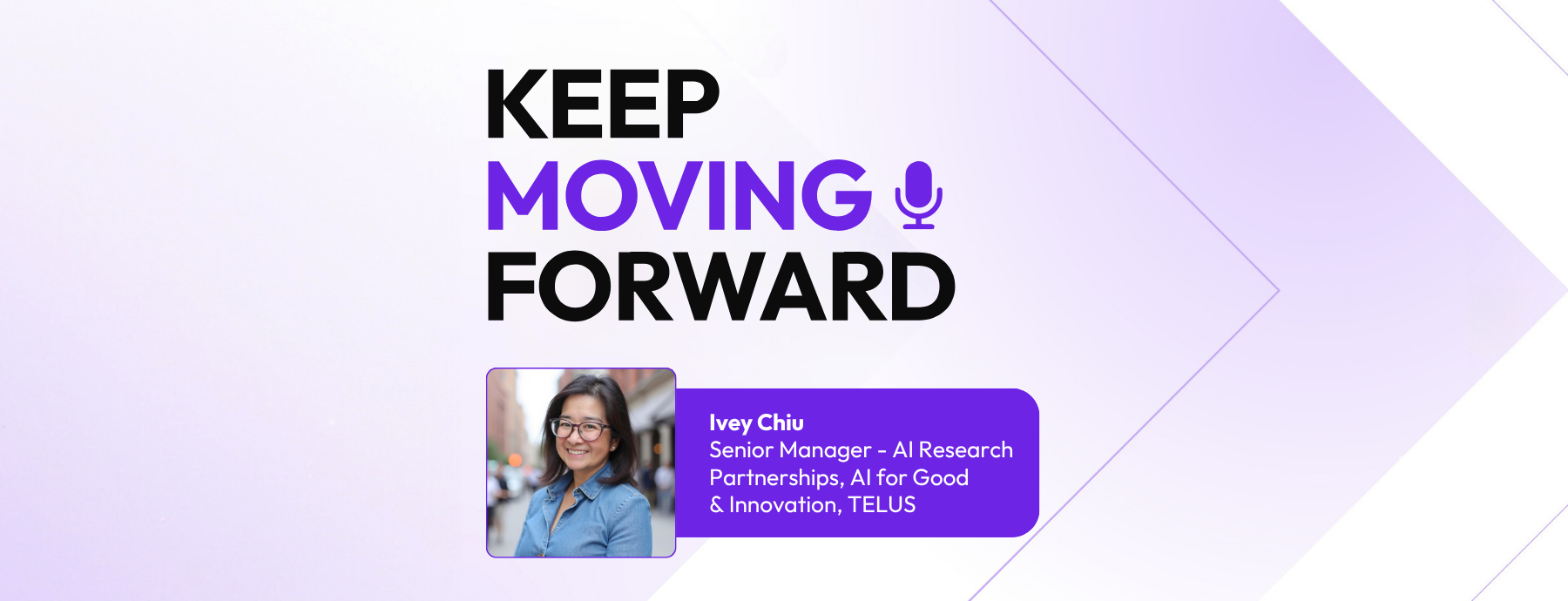
Software engineers today hold immense power. The apps and systems they build shape how people live, work, and connect. But with that power comes responsibility—because every decision, every line of code, carries potential ethical consequences. Ethical issues in software development have never been more pressing.
Algorithms can empower or discriminate. Data collection can protect or exploit. Software can bring people together—or tear them apart. It’s the responsibility of tech leaders to make sure the impact of our work is positive, responsible, and fair—all while balancing the demands of the business world.
At its core, ethics in software development is about ensuring that technology empowers people, respects privacy, promotes fairness, and fosters a sustainable future.
The Importance of Ethics in Software Engineering
The importance of ethics in software development can’t be overstated. Professional and ethical responsibility in software engineering isn’t optional—it’s essential. Engineers must ensure their work upholds societal values and fosters user trust. This means being mindful of both the intended and unintended consequences of their work.
Ethical responsibility in software development goes beyond technical execution, requiring a commitment to integrity even under the pressures of tight deadlines and competitive demands. Adhering to ethical practices in software engineering distinguishes responsible developers from those who prioritize speed over accountability.
What Are the Ethical Issues in Software Development?
Let’s explore some common ethical issues in the software profession and their implications.
Safeguarding User Trust Through Respect for Data Privacy
It's impossible to talk about examples of ethical issues in software development without talking about data privacy. When a user trusts you with their data, you have to collect, process, and store it properly and securely. It’s more than compliance with laws like GDPR and CCPA —it’s the foundation of user trust and a clear marker of ethical leadership.
Here’s how you can uphold ethical practices in software development regarding data privacy:
- Build transparency through consent. Users need to know what data you collect, why you’re collecting it, and who else might see it. Clear, upfront communication isn’t just good practice—it’s a trust accelerator.
- Limit what you collect. : Don’t extract more data from the user than you require. Only extract the data that’s absolutely necessary to provide your services.
- Share data with third parties carefully. Vet your partners rigorously and ensure users know where their data goes. Accountability is non-negotiable.
- Put users in control. Make it easy for users to access, update, or delete their data. These rights aren’t just legal requirements—they’re key to fostering loyalty in a privacy-conscious world.
Prioritize Accessible Design
Accessibility is a cornerstone of ethical software development, ensuring that digital tools are usable by everyone, including the more than 1 billion people worldwide with disabilities.
Building accessible software starts with thoughtful design choices. Descriptive alt text for images makes content meaningful for screen reader users, while compatibility with assistive technologies like speech recognition and magnifiers ensures broader usability. Features such as keyboard navigation, scalable text, and high-contrast visuals improve access for users with various needs. These measures benefit not just individuals with disabilities but enhance the overall user experience for everyone.
Testing is key to success. Leveraging resources like Microsoft’s Inclusive Design hub and adhering to the Web Content Accessibility Guidelines (WCAG) can help identify and eliminate barriers, ensuring your software is truly inclusive.
Accessible software broadens your reach, builds trust, and reflects a commitment to creating technology that works for all. Embedding accessibility into every stage of the development process not only aligns with inclusive principles but also exemplifies ethics in computer software design, turning technology into a force for empowerment and equity.
Steer Clear of Addictive Design Features
Some of the most controversial ethical issues in computer science and software engineering today center around addictive design.
Addictive design prioritizes engagement at the cost of user well-being. Instead of fostering meaningful interactions, these designs manipulate users into spending more time on the app through tactics that exploit psychological triggers. Features like excessive notifications, endless scrolling, autoplaying content, social validation mechanisms, and gamified rewards often encourage compulsive use.
Software engineers have a responsibility to consider the impact of their designs on users, particularly when their apps reach millions across diverse demographics. Ethical design means creating software that adds value to users’ lives, enhances their well-being, and respects their time and boundaries.
By prioritizing user health and focusing on enriching rather than monopolizing their time, software engineers can build apps that users interact with out of genuine interest and value—not compulsion.
Professional and ethical responsibility in software engineering isn’t just about functionality; it’s about creating technology that uplifts rather than exploits.
Addressing Algorithmic Bias: Building Fair and Inclusive Systems
Ethical concerns in software engineering often revolve around the fairness and inclusivity of algorithms. Software operates on datasets that may contain biases, disproportionately impacting certain groups. Engineers must actively mitigate these biases through diverse datasets and inclusive design practices.
This is particularly important as AI becomes more powerful and takes on a more important role in our society. The data you choose to train your algorithms on is one of the most important ethical decisions in software development.
This means you need to be aware of the various data biases, use diverse datasets to train your algorithms, and involve a variety of diverse people when developing and reviewing your algorithms. And you want to make sure that any AI developer you hire is just as thoughtful.
Algorithms are only as ethical as the data that trains them. Without intentional design and attention to ethics in AI, software can reflect or even amplify biases in the datasets it relies on, disproportionately impacting certain groups. This issue is especially critical in AI systems, where decisions often influence hiring, healthcare, or justice systems.
Engineers must actively identify and mitigate biases by using diverse, representative datasets and involving people from varied backgrounds in development and testing. Building fairness into systems requires more than technical precision—it demands a commitment to reflecting the diversity of the real world. These are key ethical issues in computer science and software engineering today.
Prioritizing Stability with Secure Software Practices
While the "move fast and break things" mantra has driven innovation, it has also fostered risky practices, especially in critical sectors like healthcare, aerospace, and manufacturing. Software bugs or insecure designs in these industries can pose serious threats to human safety. Even outside high-stakes environments, insecure software can lead to data breaches, financial losses, and diminished user trust.
Ethical software development prioritizes stability over speed. Engineers should follow secure coding practices, conduct regular vulnerability assessments, and address flaws before deployment. Balancing agility with robust security ensures that the software serves its purpose without compromising safety or trust.
Minimizing Environmental Impact Through Sustainable Software Development
Ethical practices in software engineering include reducing technology’s environmental impact. From using energy-efficient cloud computing to optimizing resource usage, developers have a responsibility to consider the planet in their designs. Encouraging environmentally conscious user behaviors amplifies this impact.
Data centers in particular are responsible for roughly 1% of energy-related greenhouse gas emissions. While this may not seem like much, it is still the ethical responsibility of a software engineer to consider the environmental impact of their applications. Key climate considerations include:
- Using sustainable cloud computing practices.
- Adding sleep modes and power-saving features.
- Using CDNs to reduce data transfer.
- Nudging users towards environmentally conscious behavior in an app.
Fostering Trust Through Software Transparency
Transparency is fundamental to ethical software design. Clear documentation, auditability, and regular updates foster trust and accountability. Whether it’s explaining how data is processed or outlining system capabilities, transparency plays a critical role in ethical considerations in software engineering.
Transparency fosters trust by giving users the information they need to make informed decisions. For instance, in healthcare applications, clearly outlining how patient data is collected, stored, and used can reassure users that their privacy is protected. In financial services, providing detailed explanations of algorithms used for credit scoring or loan approvals can help mitigate biases and ensure fair treatment. Transparency also extends to usability; software interfaces should communicate actions, permissions, and outcomes in plain language, reducing the risk of user confusion or error.
For developers, transparency means building auditability into their systems. Features such as activity logs, version control, and clear data lineage can help identify errors, maintain accountability, and meet compliance standards. Regular updates to stakeholders about changes in the software—such as feature updates or bug fixes—are also critical to maintain trust.
Transparency isn’t just a practice; it’s a commitment to trust, integrity, and ethical responsibility, which are fundamental to building lasting relationships with users. By addressing ethical considerations in software engineering, developers can ensure their work reflects societal values and user expectations.
Promoting Fairness with Interoperable Systems
Interoperability ensures that users aren’t locked into proprietary ecosystems, giving them the freedom to switch systems or transfer their data. Ethical systems support industry standards, offer clear APIs, and prioritize data portability.
By promoting open standards and reasonable backward compatibility, engineers encourage innovation, reduce anti-competitive practices, and empower users. Interoperability benefits the industry by driving healthy competition and delivering better outcomes for users who value choice and flexibility.
Building a Better Future with Ethical Software Development
Ethical issues in software engineering span privacy, sustainability, inclusivity, and more. Addressing these challenges outlined in this list of ethical issues in software engineering requires a commitment to ethical practices in software development. By embracing these principles, engineers can foster trust, innovation, and societal progress.
Start today by auditing your processes, fostering diversity, and prioritizing sustainability. Together, we can lead the charge in ethical software development, one decision at a time.
TABLE OF CONTENTS



